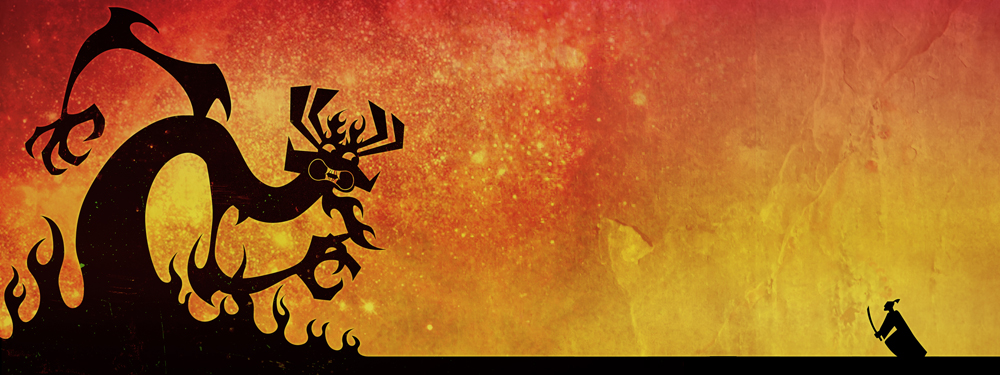I believe in magic.
I see the world as a vast battlefield on which the supernatural armies of God and Satan struggle for the souls of men. Magic is rampant in this world. Every time a believer sins or a sinner repents, these are events of spiritual significance. To quote from the movie Ladyhawke, “I believe in miracles; it’s part of my job.” As I walk by faith or seek divine guidance, I’m tapping into power and knowledge from the supernatural realm—in short, magic.
I was first drawn to fantasy role play because of its magic. The worlds of those earliest games shared something in common with ours: the spiritual battle was manifest in the material realm. I played no game more Christian than this. While others criticized Dungeons & Dragons for its magic, demons, and deities, those were exactly the things for which I most praised it. Magic was alive and well in the fantasy world, and men were deeply involved in the immortal struggle.
Yet Christians are afraid of magic. Many claim that role playing is evil because of the magic, that it would not be evil were it not for the inclusion of supernatural elements. Others suggest that it would be all right to include magic, so long as it is reduced to some form of lost science without any supernatural connection. The Bible warns against witchcraft and sorcery and many other practices of heathen religions. For many, these admonitions are taken quite seriously—even “pretend” magic is suspect.
C. S. Lewis would certainly have disagreed. He commented that the pagan was closer to the gospel than the atheist, the nature worshiper nearer salvation than the naturalist, and that the devil’s greatest trick was convincing the world that he did not exist. Our world is filled with atheists and agnostics who have every faith that there is no God and no devil. These are people for whom religious tolerance is a paternalistic arrogance under which all religion is false and therefore irrelevant, who openly accept religious believers as superstitious fools. The Bible does not warn us against such anti-supernaturalists or their practices because they are a modern phenomenon. In Biblical times no one doubted the supernatural, so there was no need to warn God’s people against them. While the Bible is intended for us it was first intended for them, and contains nothing which was not needed by the first people to whom it was written.
Although I’ve been referee for more hours of fantasy than any other genre, I’ve played more hours of science fiction games. These games disturb me, precisely because there is no magic, no spirit powers, no gods. They have bought the lie that God either does not exist or does not matter, and are selling it back to gamers in full measure. In our fear that we might be involved in the suggestion of forbidden practices of heathen religions we draw away from the greatest apologetic tool our generation has seen, and drive people toward those games which sell the lie. We even argue that we should write the lie into our fantasy games. We say that magic is O. K. if it is disconnected from gods and supernatural powers, turned into another form of science—in short, that the game is only good if it teaches that there is no God, or that He has no power. We’ve bought the lie, and we’re preaching it.
The devil has convinced most of the world that there is no magic, that neither he nor God exists. Yet he is beginning a next step: he is bringing magic back to the world under a new guise. The old witches understood that they were consorting with demons; they chose to bet against God. The new witches don’t believe in God or demons, but in some inner personal power and the ability to tap the forces of nature—supernatural power without supernatural involvement. The godless supernatural, the naturalistic magic, the atheist’s mystery religion are the next layer of deception. Take the supernatural out of magic, and you move one more step away from God.
I would encourage you to run and play games in which magic is real, in which God or the gods have power, and the battle between good and evil has a supernatural dimension in which mortals are involved. Even if you play science fiction, western, espionage, cops & robbers, or any of the wealth of other modern and futuristic settings, consider how magic could be included. Do not fear imaginary magic. Be far more afraid of atheism and agnostic naturalism and materialism, for these lies will destroy far more souls in our age than will ever fall prey to witchcraft or paganism. Those who believe in a god who is not The God are closer to discovering the truth than those who are convinced that no such gods exist.

